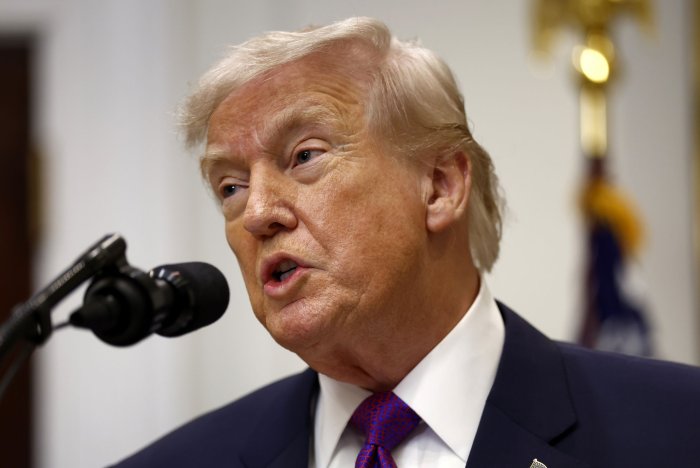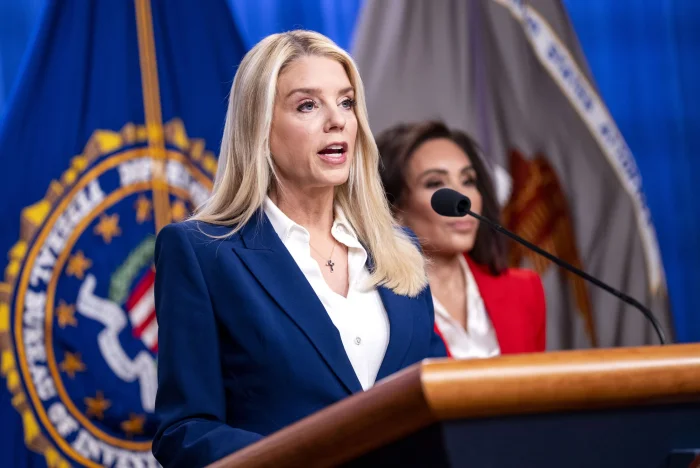Influential economist Larry Summers to depart Harvard over Epstein ties | Politics News
Release of documents show close relationship between high-profile economist and disgraced sex offender.
Published On 25 Feb 2026
Former United States Treasury Secretary Larry Summers says he will resign as a professor at Harvard University at the end of the semester after revelations of his close relationship with disgraced sex offender Jeffrey Epstein.
Summers, a longtime influential figure in economic policymaking circles and a former president of Harvard, said on Wednesday that he would resign from teaching at the end of the academic year.
Recommended Stories
list of 3 itemsend of list
“In connection with the ongoing review by the University of documents related to Jeffrey Epstein that were recently released by the government, Harvard Kennedy School Dean Jeremy Weinstein has accepted Professor Lawrence H Summers’ resignation from his leadership position as co-director of the Mossavar-Rahmani Center for Business and Government,” Harvard spokesperson Jason Newton said in a statement.
Documents released as part of an effort to bring greater transparency to Epstein’s relationships with powerbrokers in politics, business and culture shed light on Summers’s extensive correspondence with Epstein, whom he once emailed asking for advice on wooing women.
Summers, who has denied any wrongdoing and has not been charged with any crime, previously resigned from the board of the company OpenAI over his ties to Epstein, with whom he remained in contact as late as July 2019.
“I take full responsibility for my misguided decision to continue communicating with Mr Epstein,” Summers said in a statement to US media after releases of Epstein files in November, at which time Harvard announced a review of those named in the documents, which were compiled during criminal investigations of Epstein.
Documents released in December also showed that Summers had been designated as a successor executor in a 2014 draft of Epstein’s will, according to the student newspaper The Harvard Crimson. The paper reported that a spokesperson for Summers denied any knowledge of the matter.




